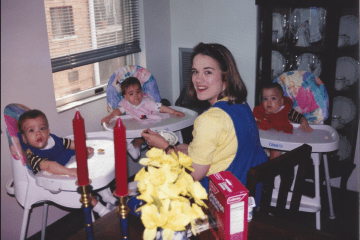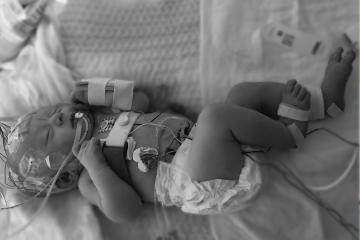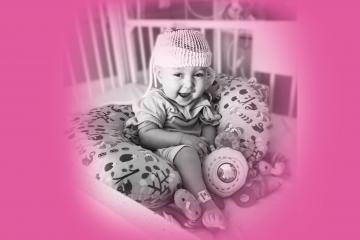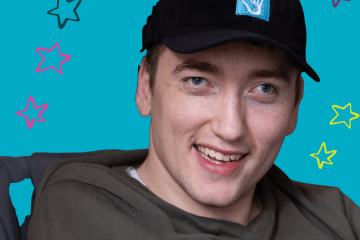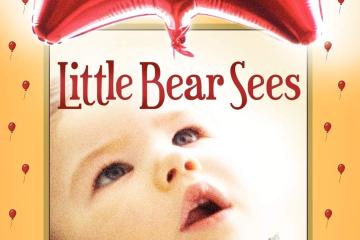Cognitive Assessments for Infants With Cerebral Palsy
The typical cognitive assessments that are used for children require them to be able to use their hands to point to pictures or hold puzzle pieces. Of course, infants with cerebral palsy, or many of them, have trouble using their hands. So, by definition they actually can't complete the cognitive assessment. This can result in a poor rating or a poor score for those children even if they have normal cognition. Getting cognition assessment right for kids with cerebral palsy is important because it can have a massive impact on their future. It can impact their relationships, it can impact expectations, and it can impact what happens for them in the school setting. What we need to do is to make sure we use the right assessment tool for the right child at the right time.
There are some cognitive assessments that you can ask for that are available for children who can't use their hands well to complete a typical assessment. One of those is called the Low Motor Bayley. In this assessment, we use similar tools to the Bayley Assessment that we change the timing requirements of so children don't have to be as accurate.
There's another great test for infants, with CP called the Fagan Test of Infant Intelligence, where children look at faces that are familiar and unfamiliar. So they don't require the use of their hands, they simply look at the pictures.
Another cognitive assessment is the Mayes Motor-Free Assessment. This one is able to be customized to each child because some items can be taken out of it if your child is not capable of doing it.
One of the things that's really important to remember is that just because we don't get anything expressively back from a child with cerebral palsy does not mean they're not understanding us. This is the important part of cognition - to understand what a child is understanding not just what they're saying.
"Getting cognition assessment right for kids with cerebral palsy is important because it can have a massive impact on their future."

